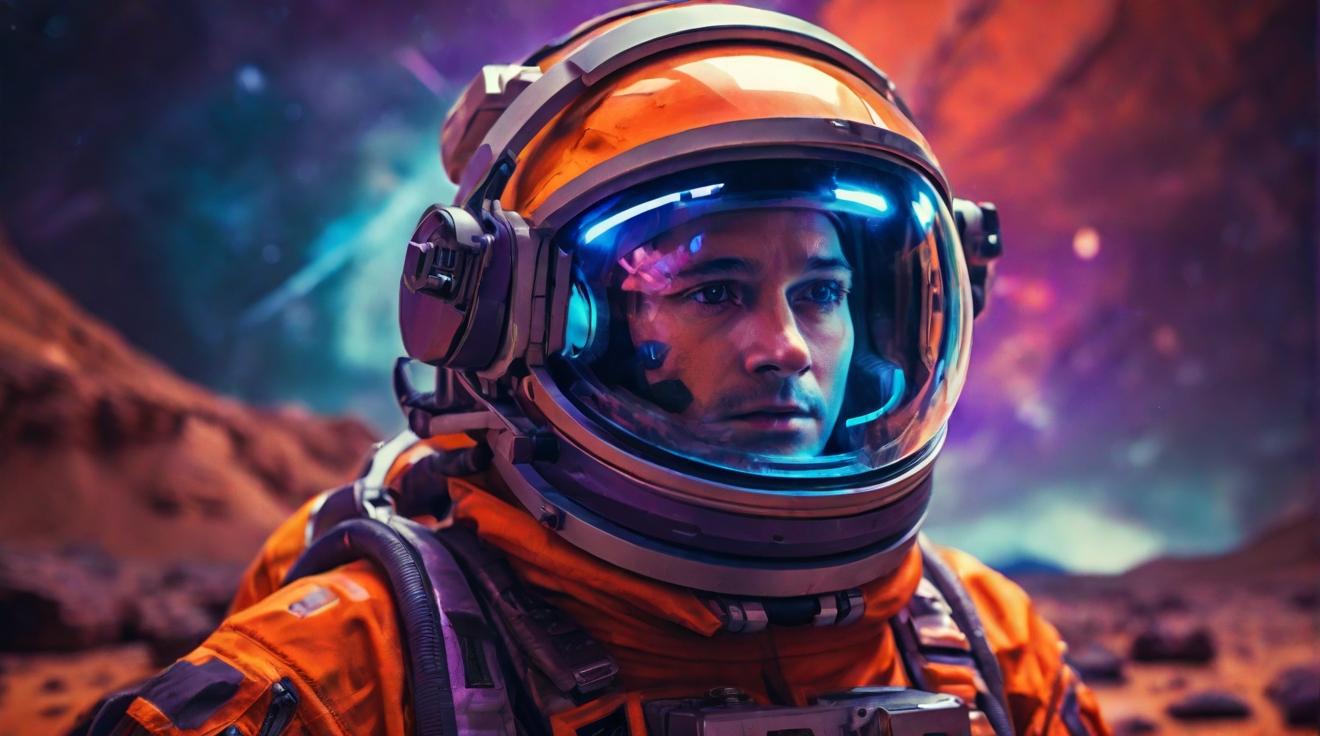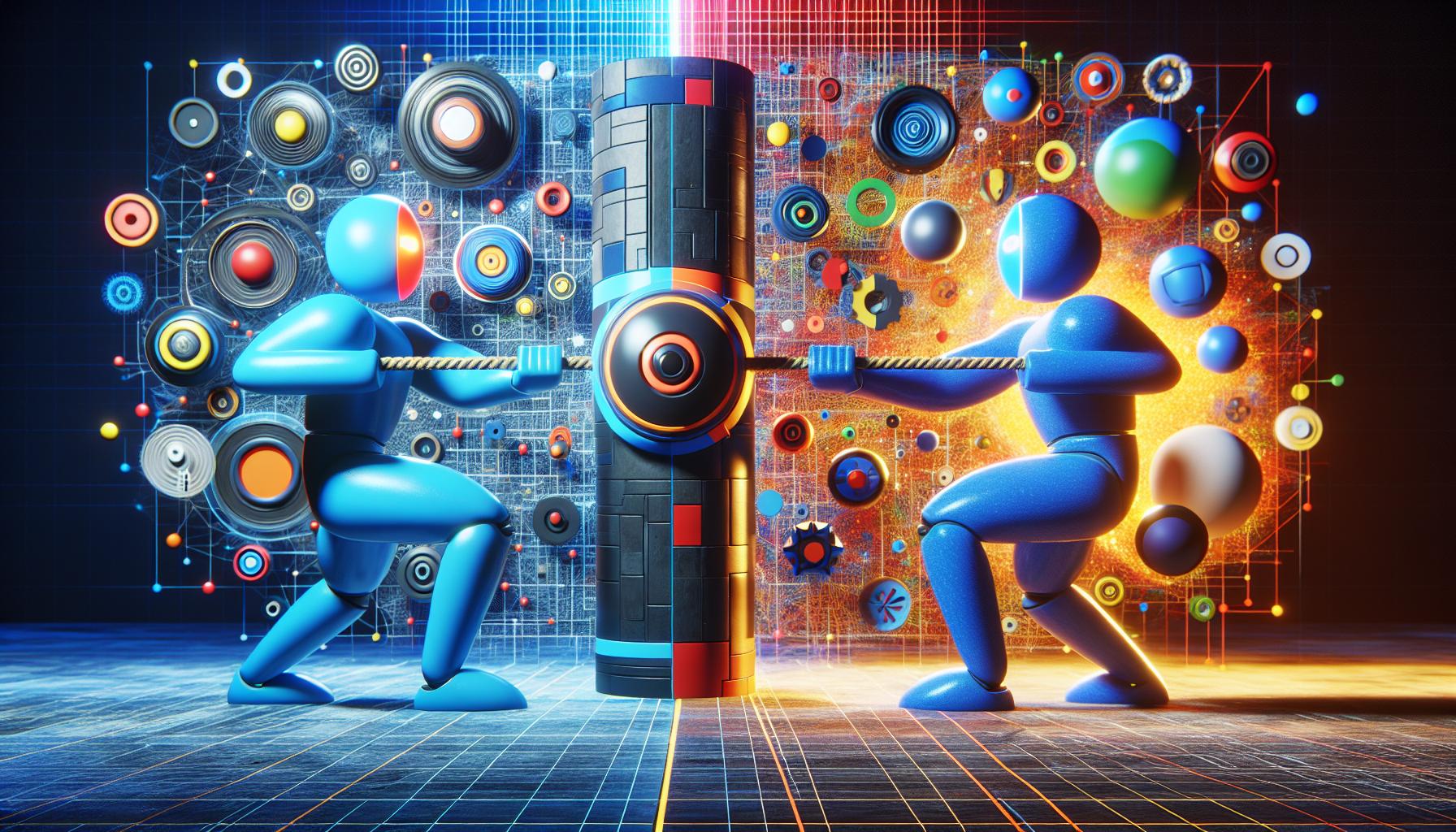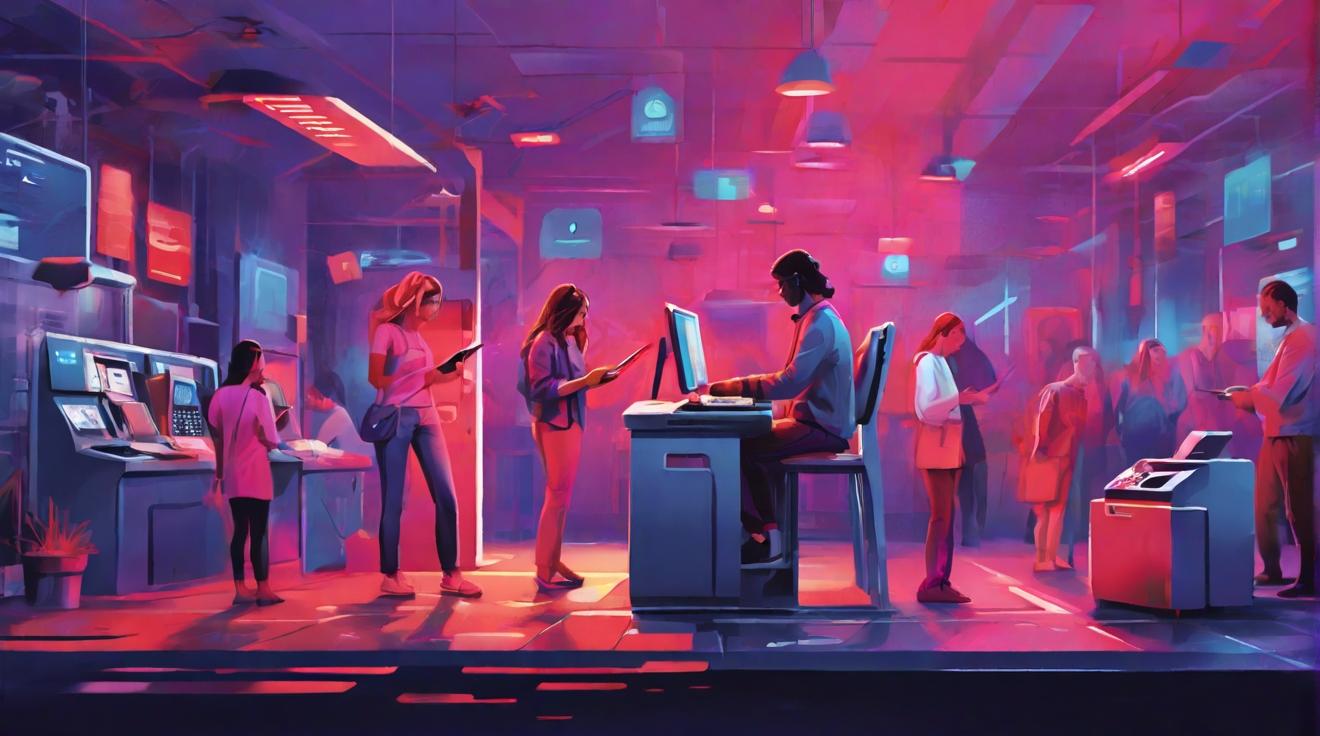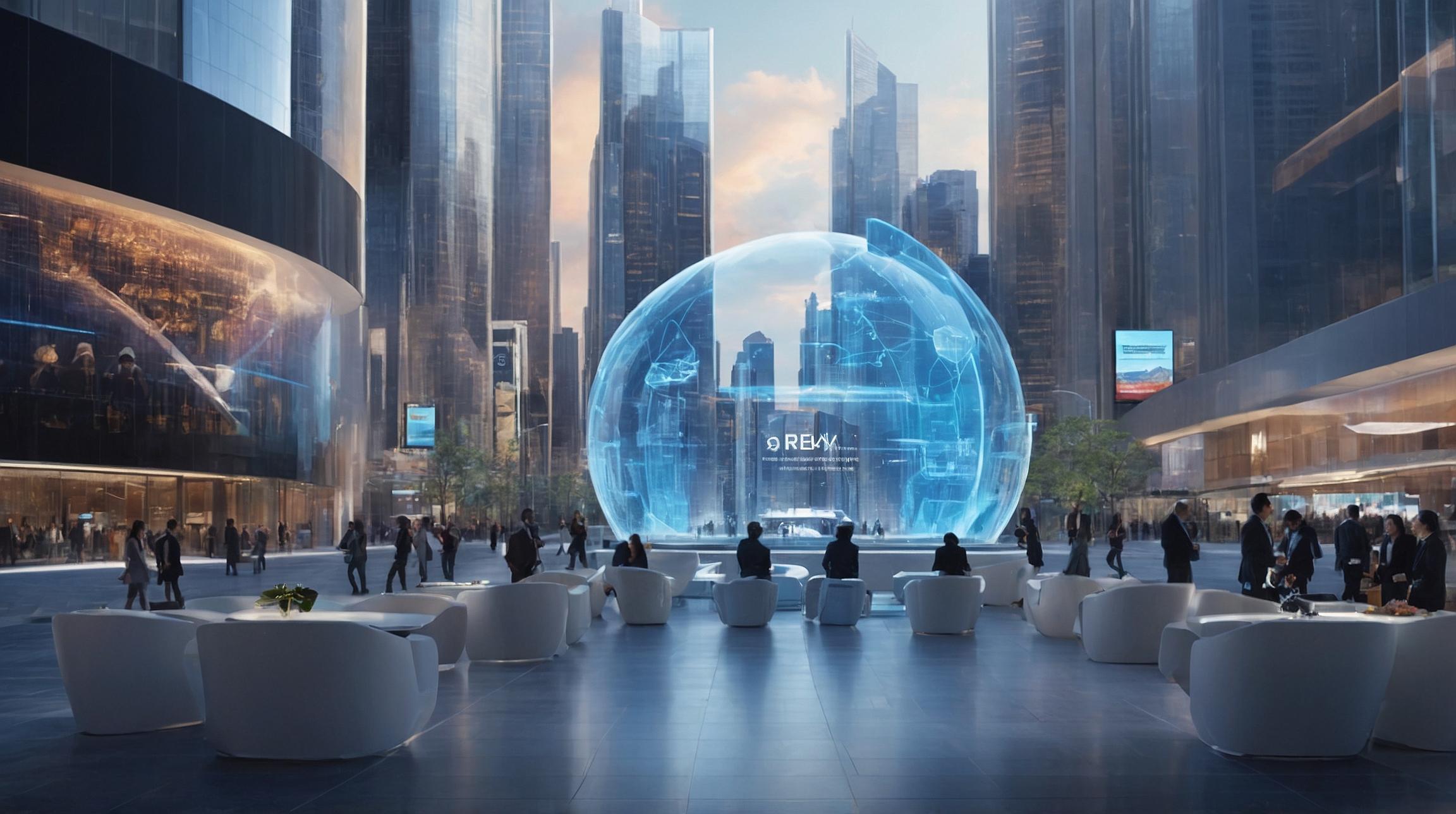AI-Powered VR Headset: Revolutionizing Astronaut Isolation on Mars
Introduction
In the realm of space exploration, one of the significant challenges is the psychological strain of prolonged isolation. The prospect of sending astronauts to Mars, where they will be isolated for months or even years, exacerbates this problem. However, a revolutionary solution is on the horizon – an AI-powered VR headset, designed to mitigate astronaut isolation on Mars. This innovative technology aims to address the psychological challenges associated with lengthy space missions by providing immersive experiences and virtual interactions.
Tackling Astronaut Isolation with AI and VR
The AI-powered VR headset, designed to function as an ‘additional crew member,' aims to tackle astronaut isolation on Mars through cutting-edge technology. According to Coreod Space’s CEO, Élise Jabès, the AI-powered VR helmet will play a pivotal role in providing support and maintaining the mental well-being of astronauts during their Mars exploration missions.
Harnessing the Power of AI and VR in Space Exploration
Artificial Intelligence (AI) and Virtual Reality (VR) are increasingly being recognized for their potential in space exploration, specifically in addressing the mental health needs of astronauts. The helmet offers a virtual environment that keeps astronauts mentally engaged during long journeys and helps them stay connected with their families on Earth. The AI component monitors the mental health of the astronauts, providing support as and when needed.
The Benefits of AI and VR
By making use of AI and VR, the helmet offers several potential benefits. It provides astronauts with an immersive experience, making them feel less isolated and more connected, both with their mission and their loved ones back home. This can significantly improve their mental health during the long, challenging journey to Mars and while establishing colonies.
The Role of AI and VR in Extreme Environments
The potential use of the AI-powered VR headset in space exploration underscores the evolving role of AI and VR in supporting mental well-being and social connectedness in extreme environments. While the technology is still in development, it offers a promising solution to the significant challenge of astronaut isolation on Mars. With the prospect of Mars exploration becoming a reality, such innovative tools are not just exciting but essential for the success of these missions.
(Please note that the article content and headlines are generated by OpenAI's GPT-3 language model. They do not represent the views or opinions of any individual or entity.)
Analyst comment
Positive news – The AI-powered VR headset offers a revolutionary solution to tackle astronaut isolation on Mars by providing immersive experiences and virtual interactions. It enhances mental well-being and social connectedness, improving the overall mental health of astronauts during long space missions. This technology is essential for the success of Mars exploration missions.













